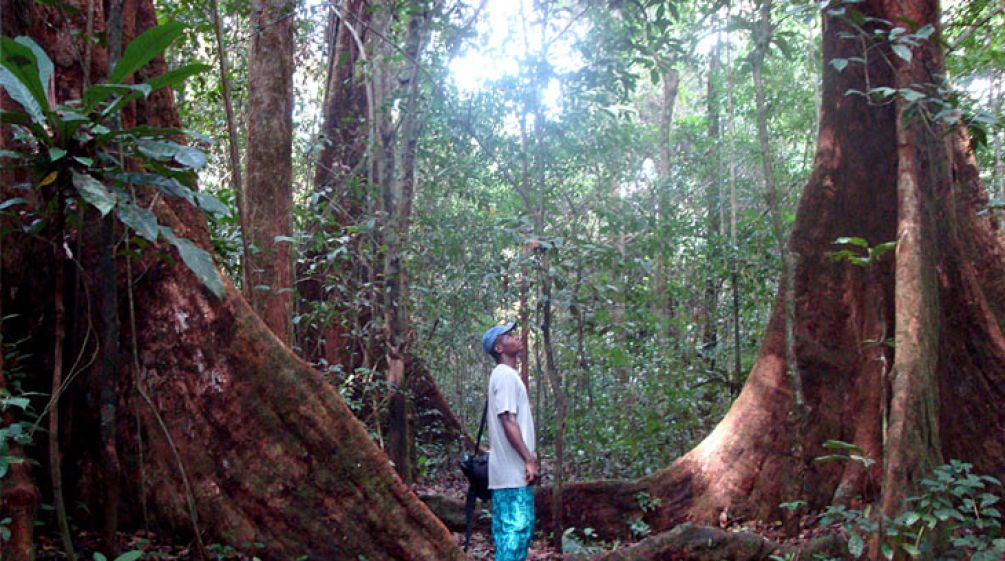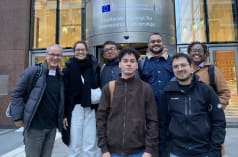Cameroon: Court stops deforestation
 Breathing easier in the Korup rainforest (© anonym)
Breathing easier in the Korup rainforest (© anonym)
Sep 29, 2011
A recent judicial degree by a Cameroon court declared the planned deforestation of 30.000 hectares of rainforest close to the Korup National Park illegal. The judges stopped the activities of US investor Herakles Capital and followed the arguments of an environmetal lawyer.
A recent court decision in Cameroon barred US investor Herakles Capital from clearing 30,000 hectares of rainforest on the edge of the Korup National Park until further notice. The judges ruled in favor of an environmental attorney who filed the suit on behalf of rainforest conservation organizations.
The fact that the environmental and social impact studies required by the competent authorities for the plantation project had not been submitted was crucial to the court’s decision. The deforestation that had already been started by the investor was thus deemed unlawful. A second ruling on another area of nearly 40,000 hectares which is also threatened by the project is scheduled for October.
According to the plans of the investor, the rainforest will be cleared for palm oil plantations. Herakles Capital would reap additional profits from the sale of the felled trees. The species-rich forest adjoining Korup National Park plays a key ecological and social role, serving as a biological corridor between two reservations for forest elephants and a variety of ape species. A genetic exchange would no longer be possible if the forest were destroyed, thus endangering the herds. The people in the numerous villages in the project area would also lose their ancestral land and their livelihoods.
Rainforest Rescue launched two campaigns – directed at the US investors and the government of Cameroon respectively – and collected nearly 36,000 protest signatures. The organization also supported a major awareness meeting in Cameroon and the work of the environmental lawyer with donations.









